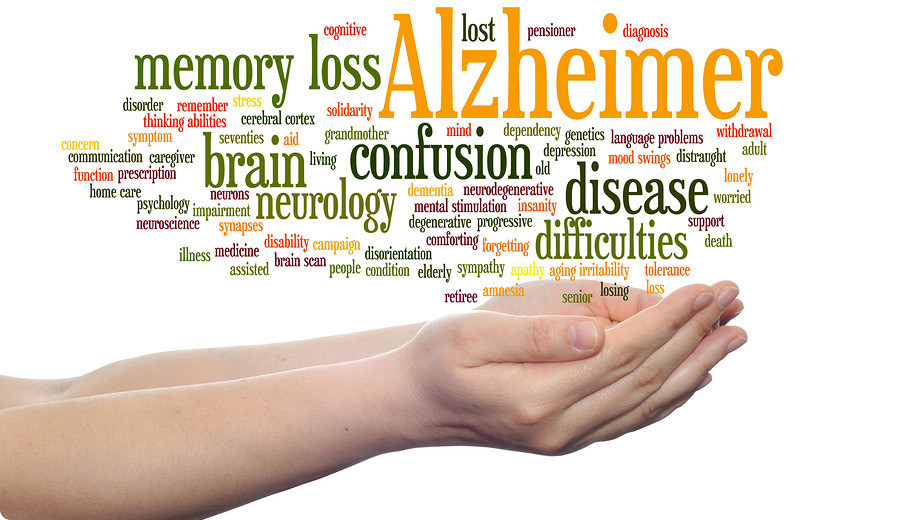
What is the essence of Alzheimer’s? The brain is composed of neurons and there are these little synapse or gap between these neurons which the communication travels through here.
The interesting thing about the brain is it only represents 2% of all the tissues but it takes up 20% of all the fuel so it’s a fuel hog. It’s not like pumping like the heart is or the muscles. It’s not contracting, it’s just sitting there it’s not like the kidney where it’s filtering blood or the liver that’s doing all these metabolic things so really what it’s doing it’s taking chemistry and converting it into electrical energy and send signals and information throughout different parts of the brain to create different effects throughout the entire body so it’s an electrical organ.
The essence of Alzheimer’s is basically atrophy shrinkage of the neuron. The brain is losing the synapses so if we look a little bit further, we find out the reason why is because they’re starving to death of low glucose which is their fuel so basically, so that’s what Alzheimer’s is.
There are other things going on: some plaquing going on, it’s a protein plaque, we have glycation which is another type of sticky protein that’s plugging things up, and we also have a loss of oxygen. The oxygen your brain is mostly used for the oxidation of glucose and this is mainly why we need a lot of oxygen there.
There are certain tests that can be done to measure the brains consumption of oxygen and the consumption of glucose. If we wanted to check the metabolism of glucose, we would want to just check the cerebral metabolic rate.
Alzheimer’s starts in 20s or 30s and it starts out completely asymptomatic, there are no symptoms at all. The person has a problem with the metabolic rate of glucose and oxygen and there are certain parts of the brain that are affected more than others. The most common area of the brain that’s affected is the hippocampus. If we have damage in the hippocampus, we are going to have a problem with memory and learning.
Another interesting thing about the brain of Alzheimer’s is that in the brain has low insulin but outside the brain in the periphery we have high insulin so obviously we also have high blood glucose that’s outside the brain but inside the brain specifically in the neurons it’s going to be low, so everything is opposite.
The scientists talk about diabetes being associated with Alzheimer’s like their cousin diseases and they both seem to share things in common like insulin resistance.
Before we speak how to prevent Alzheimer’s there are very important things we need to know, and that is this if your insulin is high outside your body which most of the time it’s going to be, if we are consuming the regular diet that most people consume. We are not going to be able to run the brain on the alternative fuel that your brain loves, that actually will increase the oxygen that will improve the neurogenesis or the generation of neurons that will improve the antioxidants which will also lessen the inflammation and improve the cognition,
We can’t run on ketones as an alternative feel if the insulin is too high and if the glucose is too high. So this is the problem.
We are stuck with glucose, but the problem is we can’t absorb it because the whole mechanism is broken. So, this is what we need to do to prevent it and to lessen the symptoms. We need to start running the brain on ketones.
Ketones have the ability to bypass this damage absorptive mechanism and feed the neurons directly and start to improve this area right here the other thing that’s pretty dramatic if we are starting to get dementia or we have Alzheimer’s is to actually start taking ketones directly. and we can take them as exhaustion as ketones or MCT oil in addition to doing intermittent fasting. We need to really focus on to really start to undo some of this damage.
Now there is a point of no return, and nothing can be done to revert it.
If we do research on the associations for Alzheimer’s there’s no known cause, there’s no known cure. We can’t do anything. The scientists are still doing research.